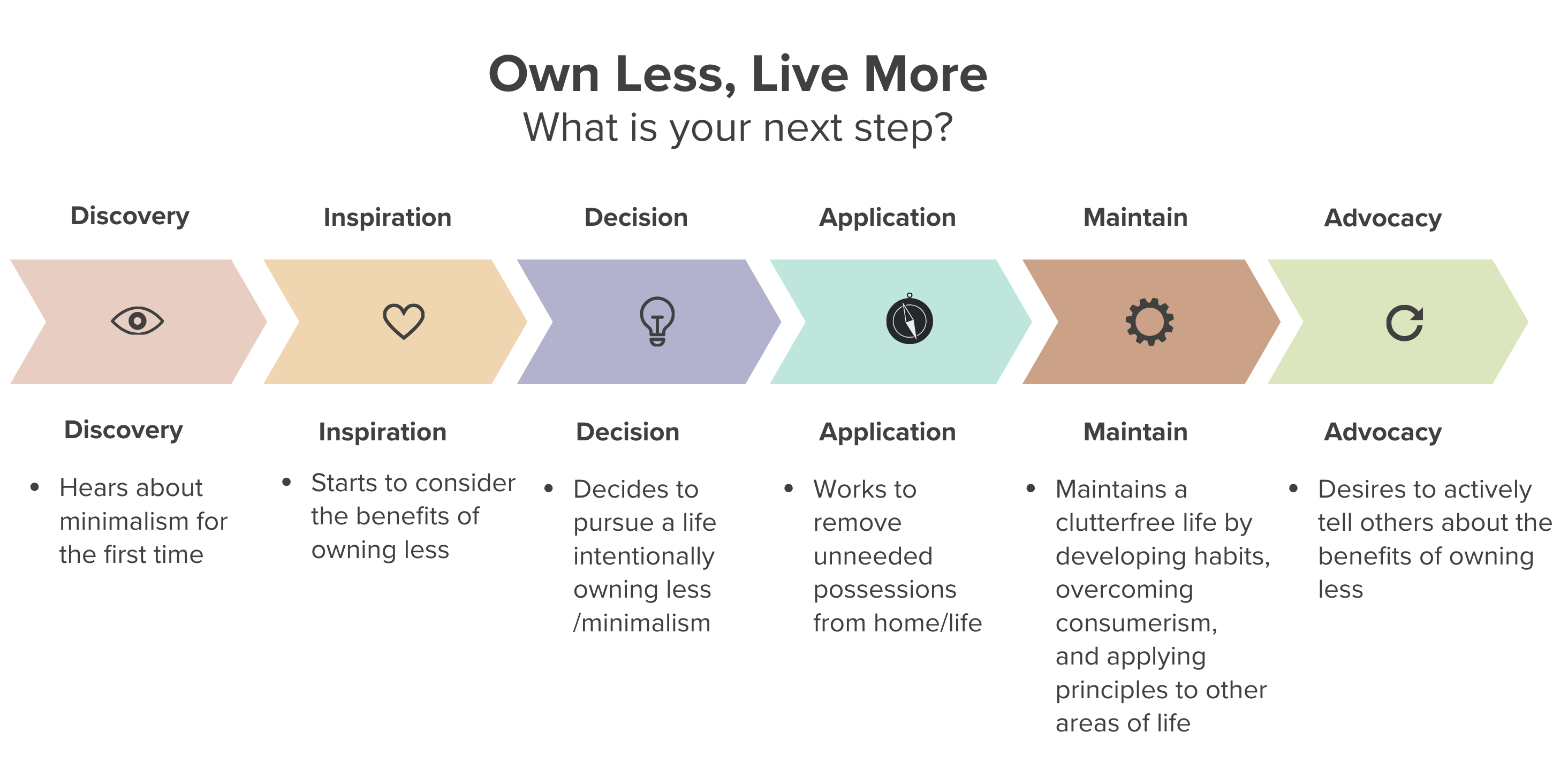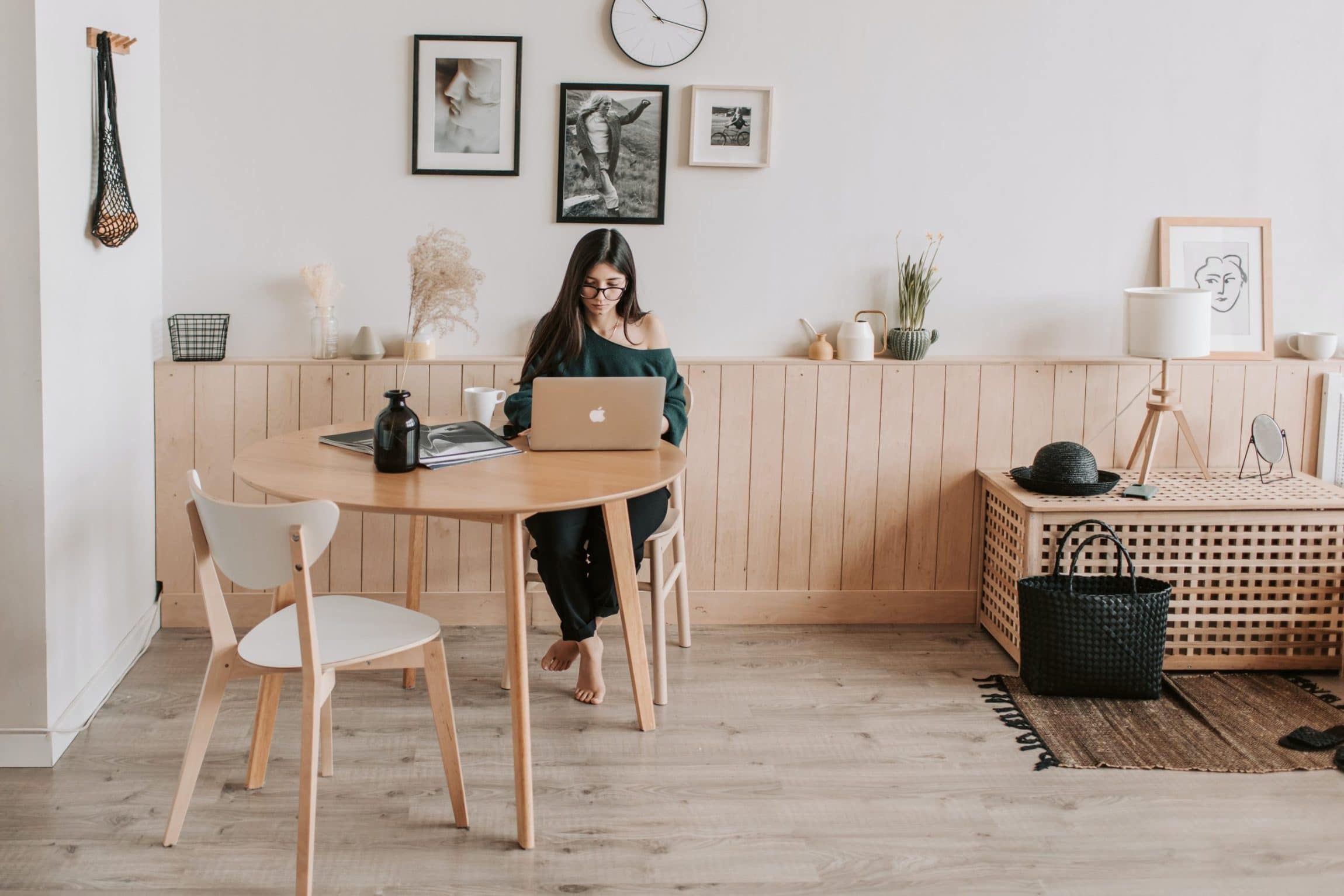The Benefits Of Minimalist Living: Saving More By Owning Less
In “The Benefits Of Minimalist Living: Saving More By Owning Less,” you’ll uncover the surprising advantages of adopting a minimalist lifestyle. Imagine a home free of clutter, a mind unburdened by the chaos of excess, and a wallet that seems to stretch a little further each month. By thoughtfully reducing your possessions, you can cultivate a more focused, peaceful environment while also realizing substantial financial savings. This article guides you on how simplifying your life can lead to richer experiences and a more fulfilling existence. Dive in and discover the freedom that comes with owning less.
Have you ever walked into a room filled with clutter and instantly felt overwhelmed? That’s a common reaction, and one that can motivate you to explore a minimalist lifestyle. Minimalist living isn’t just about throwing away items and freeing up space; it’s a holistic approach to life that emphasizes owning less to gain more.
What is Minimalist Living?
Minimalist living revolves around the idea of removing excess from your life to focus on what truly matters. This doesn’t mean you live with absolutely nothing or miss out on joys. Instead, it’s about making conscious decisions to eliminate the unneeded so you can concentrate on quality, not quantity.
The Essence of Minimalism
Minimalism isn’t just a trend but rather a lifestyle choice that has been embraced for centuries. By having fewer possessions, you open yourself up to more meaningful experiences. You also spend less time organizing and maintaining items, leaving more time for pursuits that bring joy and fulfillment.
The Mental Benefits of Owning Less
Reducing physical clutter can significantly impact your mental well-being. When your environment is clutter-free, your mind tends to be less stressed and more focused.
Less Stress, More Peace
The link between clutter and stress is well-documented. Physical clutter sends signals to your brain that you have work to do and can increase your stress levels. By owning less, you create a peaceful space where you can relax and de-stress.
| Cluttered Environment | Minimalist Environment |
|---|---|
| High Stress Levels | Low Stress Levels |
| Overwhelming Feeling | Sense of Calm |
| Mental Fatigue | Enhanced Focus |
Enhanced Focus and Productivity
A clean, minimalist space can drastically enhance your productivity. When you’re not bogged down by distractions, you can focus better on tasks at hand. This is especially crucial in work-from-home environments, where distractions can significantly hamper your productivity.

Financial Benefits of Minimalism
One of the most compelling advantages of minimalist living is its impact on your finances. By buying less, you naturally spend less. But that’s just the beginning.
Saving Money by Owning Less
When you adopt a minimalist lifestyle, you inherently become more intentional with your purchases. This mindset saves you money as you buy only what you truly need.
Reduced Impulse Buying
How many times have you bought something on a whim, only for it to end up collecting dust? Minimalist living encourages you to steer clear of impulse buys, which can significantly cut down unnecessary spending.
More Savings and Investments
The money you save from not purchasing unnecessary items can be redirected into savings or investments. Investing in experiences or a robust retirement fund may offer more long-term happiness than material possessions ever could.
Lower Utility Costs
Fewer items mean you’re likely living in a smaller, more manageable space. Smaller spaces often result in lower utility bills, like heating, cooling, and electricity.
| Expense | Traditional Living | Minimalist Living |
|---|---|---|
| Monthly Rent/Mortgage | High | Reduced |
| Utility Bills | High | Low |
| Maintenance Costs | High | Minimal |
Environmental Benefits
Minimizing your possessions doesn’t just benefit your mind and wallet; it also has significant environmental advantages.
Less Waste
A minimalist lifestyle considerably reduces your waste output. By being intentional with your purchases, you cut down on packaging waste and unnecessary products.
Energy Conservation
Owning fewer items means you consume less energy, both in production and in maintaining those items. This reduction can have a notable impact on your carbon footprint.
Supporting Sustainable Practices
Minimalist living often overlaps with sustainable living. By choosing to own less, you’re also more likely to support eco-friendly brands and practices, making your minimalist lifestyle even more impactful.

How to Transition to Minimalist Living
Adopting a minimalist lifestyle doesn’t happen overnight. It requires time, patience, and a strategic approach.
Start Small
Start with decluttering one room at a time. This process won’t feel as overwhelming and gives you the chance to see immediate benefits.
The 90/90 Rule
One popular method is the 90/90 rule. Ask yourself if you’ve used an item in the last 90 days, and if you plan to use it in the next 90 days. If the answer is no, it’s likely you don’t need the item.
Declutter Sentimentally
Sentimental items can be the hardest to let go of. Remember, the memories associated with these items don’t live within the objects themselves, but in your mind.
Quality Over Quantity
One of the core principles of minimalism is investing in high-quality items that last longer. By focusing on quality rather than quantity, you’re adopting a more sustainable approach to consumption.
Minimalism in Various Areas of Life
Minimalism isn’t confined to just your home; it can extend to various areas of your life to provide an overall sense of freedom and clarity.
Digital Minimalism
Digital clutter is just as real as physical clutter. Clearing out unnecessary emails, apps, and digital files can offer the same peace and mental clarity as decluttering a physical space.
Social Life
Your social life can benefit from minimalism, too. Focus on quality relationships that uplift and support you, rather than being bogged down by numerous superficial connections.
Time Management
Minimalism can also apply to how you manage your time. By eliminating unnecessary commitments, you create room for activities that are truly meaningful and enriching.

Challenges in Minimalist Living
While minimalist living offers numerous benefits, it isn’t without its challenges. Being aware of potential difficulties can help you navigate them.
Emotional Resistance
Many people find it emotionally challenging to part with items, especially those with sentimental value. It’s essential to remember that minimalism is a personal journey and what works for one person may not work for another.
Social Pressure
Society often equates success with material possessions. Adopting a minimalist lifestyle may lead you to confront societal norms and pressures, which can be challenging.
Finding the Balance
Minimalism isn’t about deprivation. Finding a balance between owning less and still having what you need and love is essential for sustaining this lifestyle.
Tips for Sustaining a Minimalist Lifestyle
Maintaining a minimalist lifestyle involves consistent effort and mindfulness. Here are some tips to help you sustain this way of living.
Conduct Regular Audits
Periodically review your belongings to ensure you’re not accumulating unnecessary items. This helps in maintaining the benefits of a minimalist lifestyle.
Mindful Buying
Always ask yourself if an item adds value to your life before making a purchase. If it doesn’t, you’re better off without it.
Stay Informed and Inspired
Engage with minimalist communities and continue educating yourself about the benefits of this lifestyle. This will keep you motivated and help you stick to your minimalist goals.

Conclusion
Minimalist living is a transformative lifestyle choice that offers a multitude of benefits. From reducing stress and enhancing productivity to saving money and supporting the environment, the advantages are compelling. While the journey to minimalism has its challenges, the rewards far outweigh the difficulties. By embracing the mantra of “less is more,” you can unlock a richer, more fulfilling life, where you save more by owning less. Whether you’re just starting or are already on this path, remember that minimalism is not about deprivation but about making room for what truly matters.
Feel free to embark on this minimalist journey at your own pace and discover the profound impact it can have on every facet of your life. You’ll likely find that less truly is more, and the clarity, peace, and financial freedom you gain will be well worth the effort.
